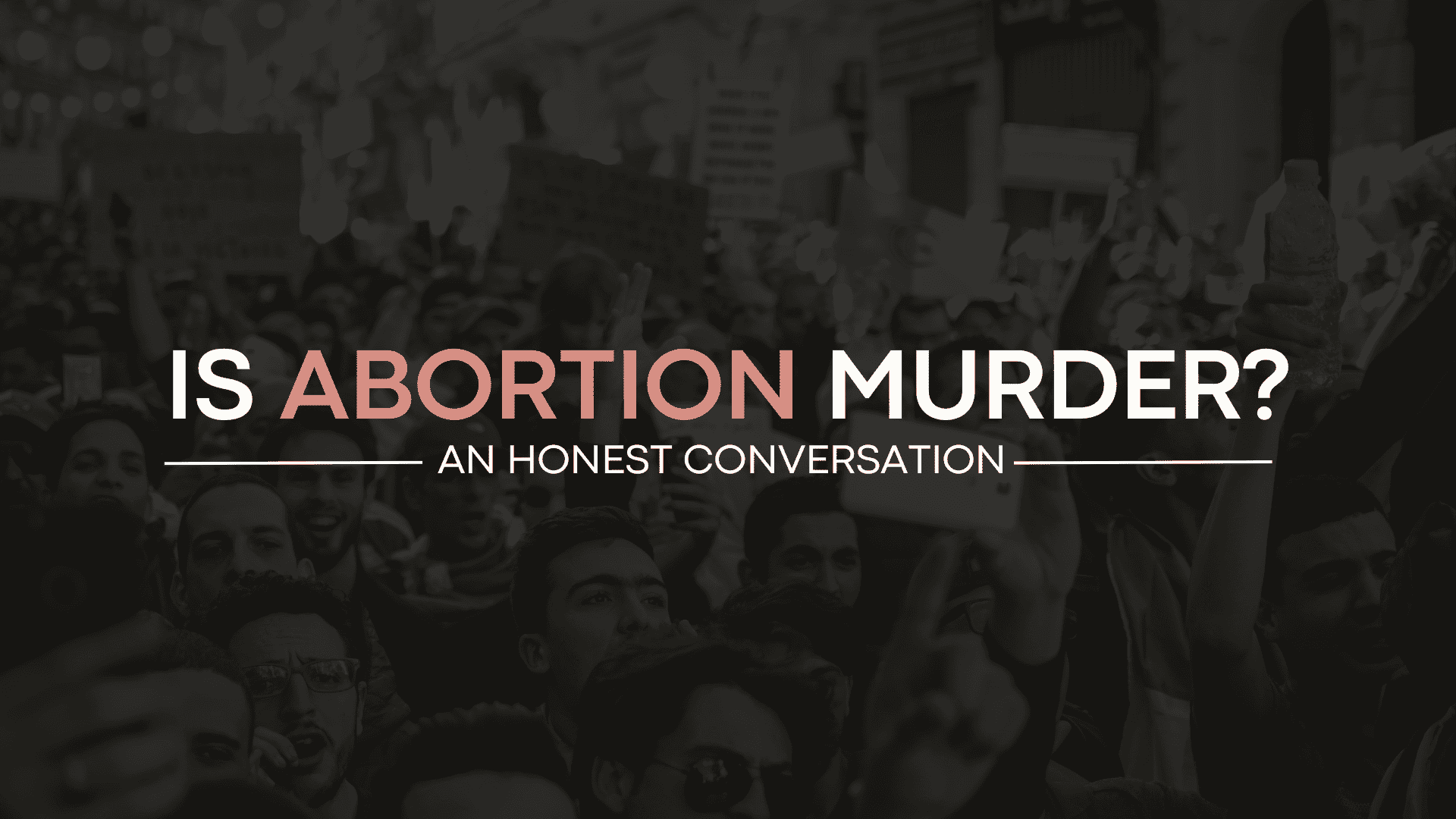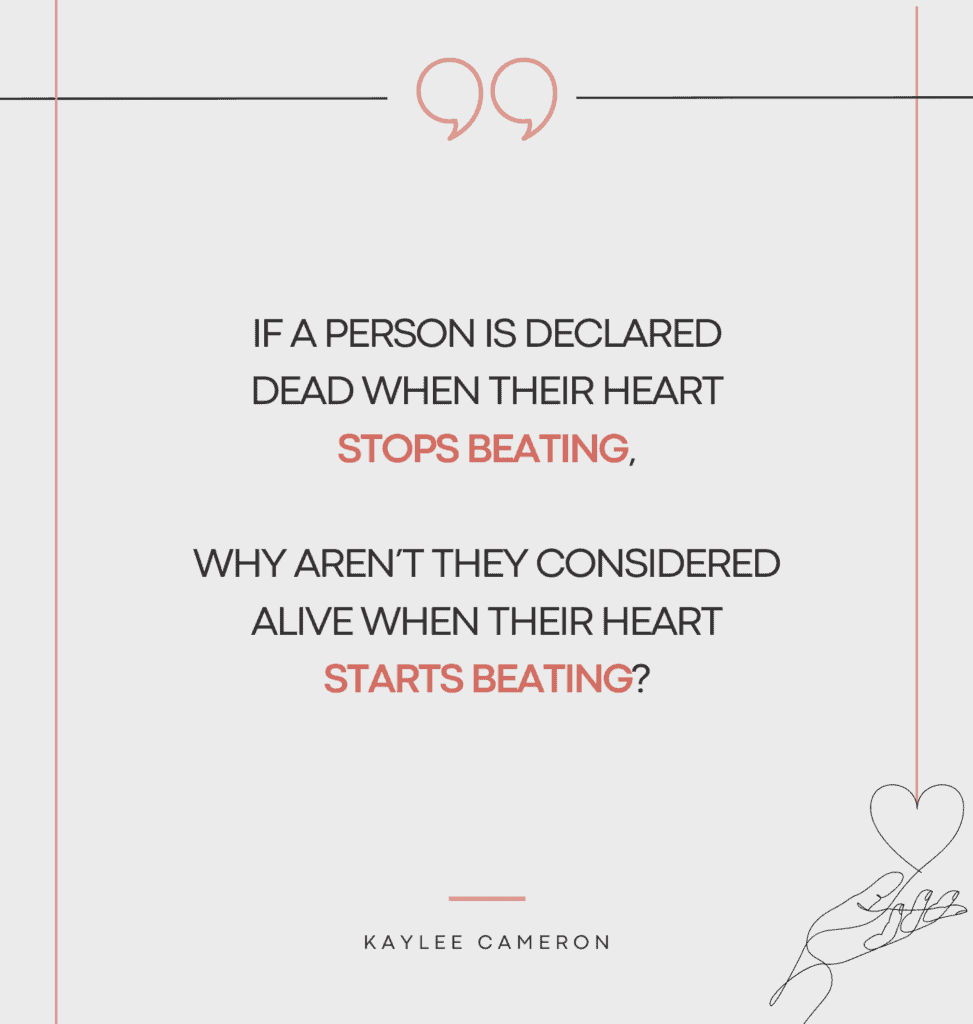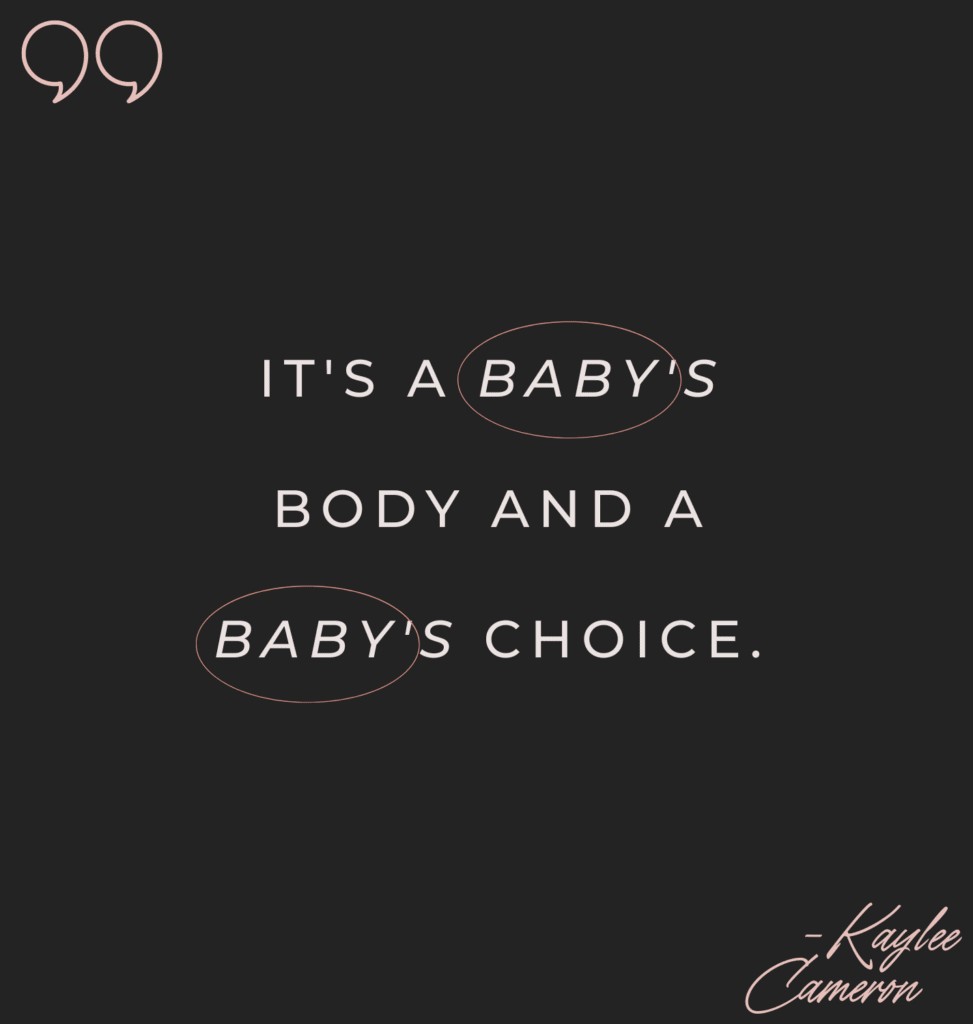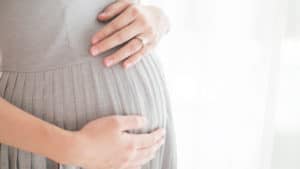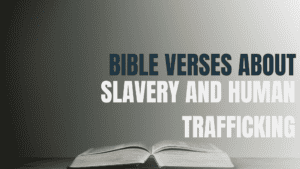The very definition of abortion is controversial. Some would say it’s a clump of cells, while others claim it’s taking a life. If that’s true – if abortion is murder, how could anyone support abortion? It leaves only one answer. An answer that would potentially dismiss any wrongdoing: a fetus is not a human. So, to truly answer the question of “is abortion murder?” we must first define what a person is, and if a fetus meets those standards.
Evidence of Personhood
What the Bible says about life is clear. However, if someone does not follow Christ, what is the philosophical standard of personhood? The dictionary defines it as “the state or fact of being an individual; having human characteristics and feelings.” Similarities and differences both prove or disprove personhood – having the same systems, structures and sensations as humans while simultaneously being a unique life. Do preborn children meet those standards?
Individualism
Individualism is a quality that distinctly belongs to humans. We each hold a one-of-a-kind genetic identity through our DNA that remains the same throughout our lives. Upon fertilization, genes provide a blueprint for the body, made of a four-letter nucleotide code (A-G-C-T). Considering each cell in the body contains 3,200,000,000 nucleotide pairs, multiplying that by at least 20,000 genes, the human body is truly unlike any other from the moment of conception. Jerome Lejeune, the French geneticist who uncovered the chromosome abnormality that causes Down syndrome, put it this way:
"To accept the fact that, after fertilization takes place, a new human has come into being is no longer a matter of taste or opinion… The human nature of the human being from conception to old age is not a metaphysical contention, it is plain experimental evidence."
Jerome Lejeune
Human Characteristics
While physical, human-like characteristics are not immediately visible in a fetus, many features are already set within hours of fertilization. This includes personality traits, eye color, hair and gender. External features like ears, fingers, toes and eyes begin to take shape within a month – before most women know they are even pregnant. Internally, the foundation of the child’s bones and ligaments has been laid. By 20 weeks gestation, female fetuses completely develop their reproductive system, replete with every egg they will carry throughout their lifetime.
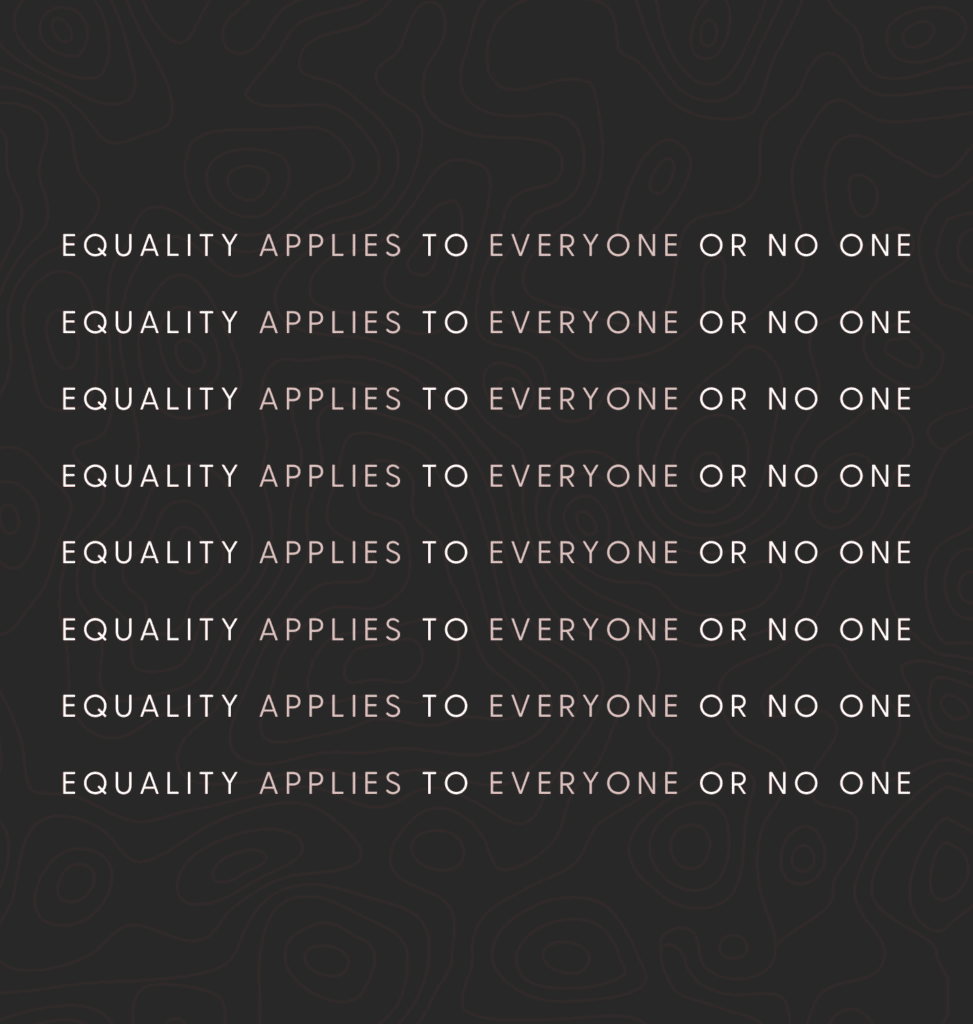
On top of that, one of the most defining characteristics of a human starts at just five weeks gestation: the heart begins beating. Following the same logic as when someone is declared dead after the heart stops, wouldn’t it only be fair to say that life, at the very least, begins once the heart starts beating?
Human Feelings
There is an ongoing discussion on when preborn children can feel pain, emotion and sensations. With scientific advances that can now provide a window into the womb, we are able to recognize many ways a child responds to sensation well before birth:
- They like to sleep in the womb while their mother is awake, as the movement rocks them to sleep
- They feel the mother’s emotions at the same level of intensity
- Babies remember and gain comfort after birth from specific music that was played to them in the womb
- Signs of stress and nervous movement appear when the mother is smoking
- A cold glass of water makes them shiver
- They have hiccups as early as the first trimester
- They develop taste buds and lifelong food preferences
- Months before birth, the whole body becomes sensitive enough to feel a single hair brushing across it
- If there are twins, they begin interacting in specific and planned ways with one another after only three weeks in the womb
Additionally, nerve cells form within three weeks of fertilization, a factor that could answer the question, “do preborn babies feel pain?” To that point, some states have recently been implementing legislation to administer anesthesia to the baby during an abortion procedure – a method that would not make sense if it were just a mere clump of cells instead of a living being with human feelings and sensations.
With both similarities and uniqueness, the developmental and embryologic science clearly demonstrates that the preborn are wholly living individuals of our species (homo sapiens) from the earliest stage of development.
With that, wouldn’t the preborn just be in a different phase of life, just as a newborn differs from a child who differs from an adult? People of every age should inherently hold the same value, without threat to their status of personhood and the human rights that go with it.
If Abortion Is Murder, It's a Human Rights Issue
An overwhelming amount of scientific, religious and ethical evidence points to personhood before birth, which would then classify abortion as the premeditative taking of a person’s life, or murder. And, while there is legislation (take the Unborn Victims of Violence Act) to protect the fetus from murder, it is only applicable when non-consensual. This means that abortion does not fall under this legal protection, but homicide does.
Why is abortion granted a higher power? Why does bodily autonomy apply for one person instead of both? There are a few pro-choice answers. One is that the mother possesses the right to abort because of the child’s dependency on the mother’s body for survival/existence. However, that argument is nullified when considering the many people post-birth who are dependent on others. For example, a toddler’s wellbeing is contingent on its parents, as well as an adult with Alzheimer’s on their caretaker or even a quadriplegic on their doctor. Even if one doesn’t believe they’re bound to take care of someone else, it does not grant them the right to take another’s life.
There is hope! If you or someone you know is post-abortive, Focus on the Family has non-judgmental and confidential resources to help support you during this time. Visit our Post-Abortive Recovery Resources or call 1-800-A-FAMILY for more information.
Women Deserve Rights Too
Look at the abortion facts. one in four women have a chemical or surgical abortion by the age of 45. Over half of abortion patients (54 percent) identify as Christian. Six out of ten already have one or more children. The women actually having abortions don’t fit the standard stereotype. Instead, she’s the one in your church life group that never misses a class. The outgoing woman who complimented your jeans in the grocery store. The friendly barista that drew a smiley face on your coffee this morning. Unplanned pregnancies are just that – unplanned. You and I are not exempt from sin. And though premarital sex is a sin, pregnancy isn’t.
Moreover, we are in a world where millions are spent on marketing abortion to women as “empowerment” from corporations that have everything to gain. Even doctors can be misled on abortion – look at former abortionists like Doctors Anthony Levatino, Kathi Aultman and Patti Giebink. The pro-life movement’s job, especially in a world where Roe is overturned, is to rally around women pre and post-birth. They don’t have to feel like abortion is the only option. Instead, we can lovingly provide hopeful alternatives (such as the adoption option). Give women real choices.
Abortion is one of the most significant wrongs of our time. Children’s lives are lost before they take a breath. Women’s rights are being struck down rather than revered. They are told they can’t embrace their biology, that they aren’t capable of simultaneously carrying their dreams and their child. No one is empowered through abortion, because it isn’t presented as a choice. Loss of life through abortion must come to an end for the 63 million taken.









